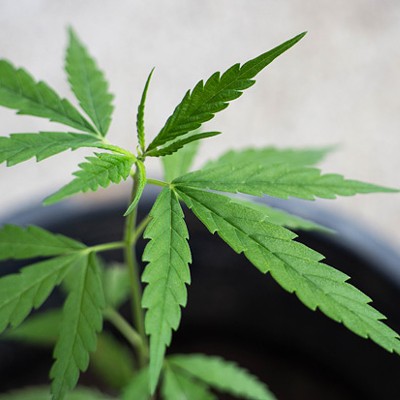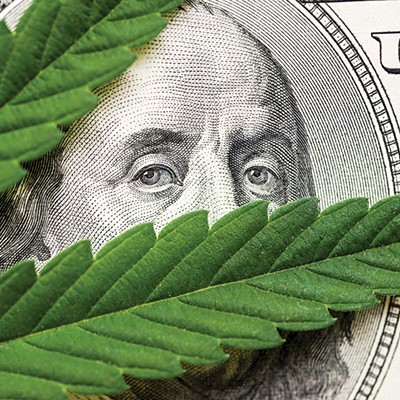America's federal system of government allows states to function as "laboratories of democracy." Under the U.S. Constitution, states have the authority to "try novel social and economic experiments without risk to the rest of the country," as esteemed U.S. Supreme Court Justice Louis Bandeis so eloquently said in 1932. That is exactly what is happening with cannabis law and policy around the U.S. right now.
At one end of the spectrum are the states doubling down on prohibition. In Arizona, for example, possession of any amount of cannabis is a felony resulting in an automatic sentence of four months to two years in jail. And in Florida, possession of less than one ounce of cannabis can result in a 15-year prison sentence.
There is no evidence to indicate that such draconian laws have reduced cannabis use in these states, but the Republican Party's domination of these states' legislatures means that there is no prospect of any "experimentation" on cannabis policy in the foreseeable future.
Even in states with lighter penalties for cannabis possession, police still arrest cannabis users en masse. These police practices disproportionately affect minority and economically disadvantaged populations. In New York City, for example, African-Americans and Hispanics are far more likely to be arrested for cannabis than Whites or Asians, despite similar use rates. Social justice activists are starting to bring facts like these to the attention of lawmakers, and many states with Democratic majorities are considering experimenting with new approaches to cannabis.
Some states have already taken the step of "decriminalization" or partial decriminalization, which eliminates or reduces criminal penalties for possession of small amounts of cannabis. Oregon was at the forefront of decriminalization. In 1973, the Oregon legislature made possession of one ounce or less a civil fine rather than a criminal punishment. Since 2012, states as diverse as Nebraska, Ohio, and North Carolina have followed suit.























